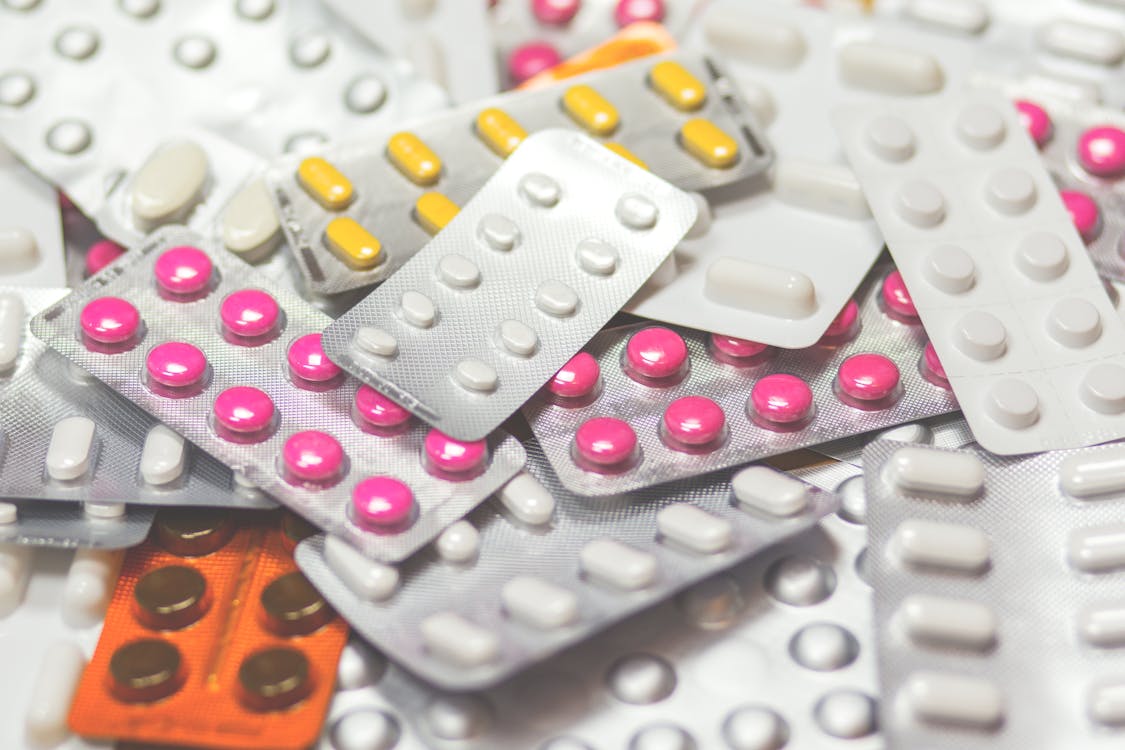Mar 23
2021
What Should You Always Have In Your Medicine Cabinet?

Growing up, when we grazed our knees, got stung by a bee, or ran a temperature, our mother pulled remedies from the trusty medicine drawer. Whether you have a cabinet, drawer, or tote, you should always have essential medical supplies on hand.
We may do our best not to get sick or injured, but sometimes it seems unavoidable. We are going to explain the basics of what to stock in your medicine cabinet. If you have children heading off to university, this is the ideal time to double up on everything for them. You can also use this opportunity to create mini-medicine kits for your cars, RV, or handbags.
Where do you keep your medical supplies?
Believe it or not, the bathroom is not the ideal place for your medicine cabinet. Heat and humidity don’t work well with a variety of medicines, and can make them less effective. Try to find a convenient, dry and cool location that is out of reach of any children. Remember, kids are fantastic climbers when they set their mind to something.
What information should you keep in your medicine cabinet?
Do you know your emergency contact’s phone number off by heart? With many important details programmed into our phones these days, having this information written down in a safe place can make all the difference in times of crisis. We recommend printing out the following information and keeping it taped to your medicine cabinet:
- Emergency contact details for a minimum of three people
- Your phone number and your spouses’ phone number
- Your work phone number and that of your spouse
- The children’s school phone numbers
- Poison control phone number
- Your GP’s phone number
- Your dentist’s phone number
- The full name, blood type, and list of allergies for each family member
What medicine should you always keep handy?
The first task of a practical medicine cabinet is to check what you already have on hand and throw away expired medicine. Our recommendation is to create a list of each medication and the expiry date, which will make it more straightforward when it comes time to replace items. Once you know what you have available, head to the pharmacy and ensure that you have the following medicines at your disposal:
- Acetaminophen – for aches, pains, and fever
- Ibuprofen – an anti-inflammatory for muscle pain
- Decongestant – for blocked sinuses and colds
- Antacids – for heartburn
- Anti-diarrheal – alleviating diarrhea once and for all
- Antihistamine – for allergic reactions
- Antibiotic ointment – for cuts, burns, and scrapes
If you have children, we recommend adding the age-appropriate versions of these medications that your family’s pediatrician recommends.
What medical supplies should you always keep handy?
In addition to information and medicine, we recommend ensuring that the following items are always kept stocked and in working order:
- Bandages of various sizes and shapes
- Waterproof bandages
- Thermometer
- Tweezers
- Hydrogen peroxide
- Safety pins
- Cotton balls and cotton buds
Knowing that you are prepared for minor emergencies will give you peace of mind. It can also save you money by avoiding unnecessary doctor’s visits or time off from work. Since often we tend to feel at our worst in the middle of the night, the road to recovery will be smoother if you have the necessary supplies on hand.